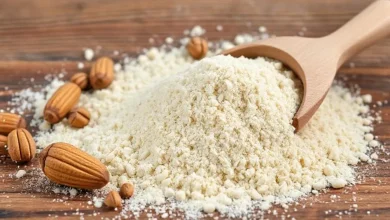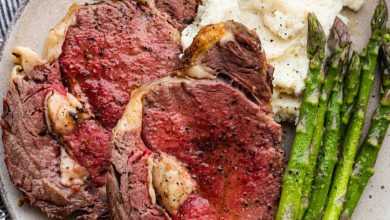Sunflower Oil (Linoleic, Partially Hydrogenated)
Sunflower oil, particularly the linoleic variety, is a commonly used cooking oil known for its high-fat content and neutral flavor. This partially hydrogenated oil has been processed to enhance its shelf life and stability during cooking. It is primarily composed of fats, with 100 grams providing a high energy yield of 884 kcal. However, it lacks significant quantities of other nutrients like protein, fiber, or carbohydrates.
Nutritional Information:
| Nutrient | Amount per 100g |
|---|---|
| Energy | 884 kcal |
| Fat | 100 g |
| Saturated Fats | 13 g |
| Carbohydrates | 0 g |
| Fiber | 0 g |
| Sugar | 0 g |
| Protein | 0 g |
| Calcium | 0 mg |
| Iron | 0 mg |
| Magnesium | 0 mg |
| Phosphorus | 0 mg |
| Potassium | 0 mg |
| Sodium | 0 mg |
| Zinc | 0 mg |
| Copper | 0 mcg |
| Manganese | 0 mg |
| Selenium | 0 mcg |
| Vitamin C | 0 mg |
| Thiamin (B1) | 0 mg |
| Riboflavin (B2) | 0 mg |
| Niacin (B3) | 0 mg |
| Vitamin B6 | 0 mg |
| Folate (B9) | 0 mcg |
| Vitamin B12 | 0 mcg |
| Vitamin A | 0 mcg |
| Vitamin E | 41.08 mg |
| Vitamin D2 | 0 mcg |
Allergen Information:
Sunflower oil is generally safe for individuals with allergies to common allergens, such as dairy, nuts, or gluten. However, individuals with a sunflower seed allergy should avoid sunflower oil.
Dietary Preferences:
Sunflower oil is commonly used in vegan, vegetarian, and gluten-free cooking, as it is plant-based and free from gluten and animal products. It is a versatile oil that is suitable for frying, sautéing, and baking due to its mild flavor and high smoke point.
Nutritional Notes:
Although sunflower oil provides a high calorie count primarily from fats, it is important to note that the oil has a relatively high level of saturated fats, which should be consumed in moderation as part of a balanced diet. The oil is also rich in vitamin E, an essential fat-soluble vitamin with antioxidant properties. However, it does not offer significant amounts of other vitamins or minerals.
Conclusion:
Sunflower oil (linoleic, partially hydrogenated) is a high-calorie oil primarily composed of fats. It is a good source of vitamin E but does not provide a wide range of other nutrients. When using sunflower oil in cooking or baking, consider its high fat content and opt for moderation in its consumption to maintain a balanced diet.










